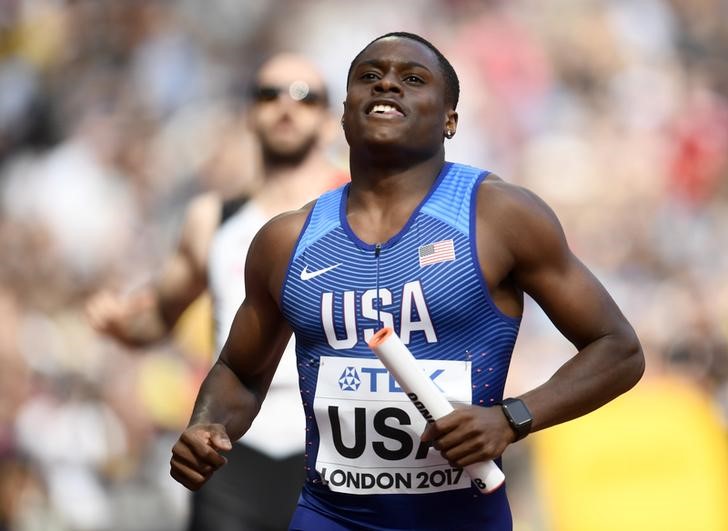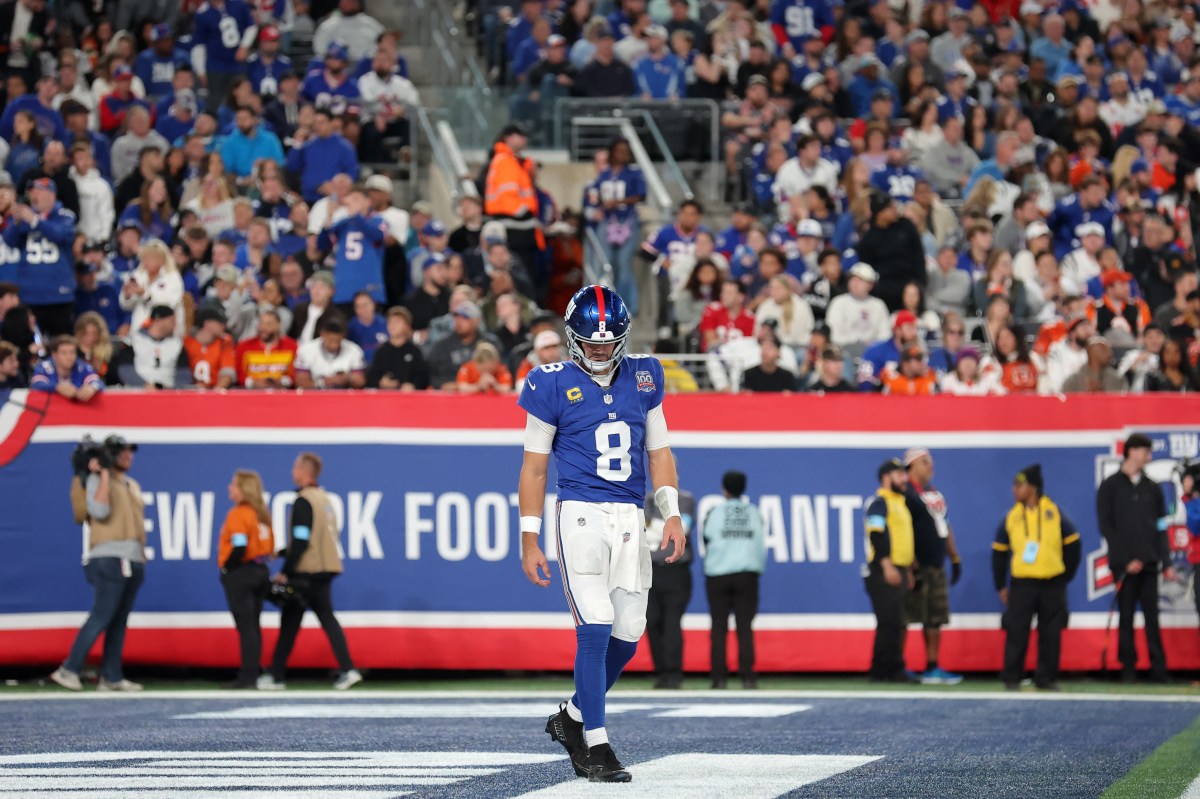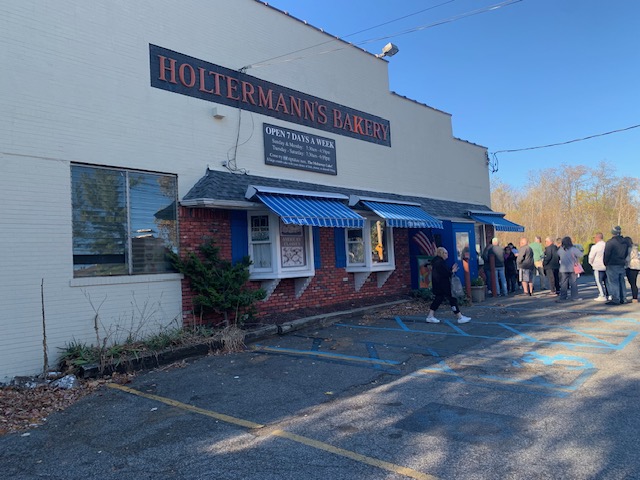By Gene Cherry
(Reuters) – Setting a potential 60 meters world record of 6.37 seconds turned out to be just part of the challenge for American Christian Coleman.
With no drug testing at the meeting in South Carolina on Friday, Coleman drove towards Atlanta, Georgia, two hours away, to meet testers at a road side stop, provide a required sample and fill out paperwork as a part of the record ratification.
But questions remain as to whether the run will be ratified as a world record.
Electronic starting blocks, along with doping testing, are two of the requirements for a world record, USA Track and Field official Duffy Mahoney told Reuters on Saturday.
But Mark Elliott, the head coach at Clemson University, where world silver medalist Coleman ran, said while the blocks used in the race were certified they were not electronic, which is typical for college meetings.
“All I can tell you is he ran the world record time,” Elliott told Reuters. “It was an amazing run ….almost unbelievable.”
Mahoney said it would be up to the International Association of Athletics Federations (IAAF) to determine record ratification.
The IAAF was not available for immediate comment.
Mahoney, USATF’s chief of sport performance, said he would decide on Monday whether to forward the performance to the global governing body for possible ratification.
He said it was also possible Coleman’s mark could become an American record even if the IAAF does not ratify it because the organizations have different criteria.
Coleman’s time bettered the recognized world record of 6.39 seconds, first set 20 years ago by 2000 Olympic champion Maurice Greene.
Whether Coleman gains the world record, he and his management team worked hard to ensure the possibility.
“The race took six seconds but we have been at it for six hours to get the testing done,” Coleman’s agent Emanuel Hudson told Reuters after shepherding the process through several phone calls and even live social media from his California office.
Part of the problem was not only finding a drug tester, but ensuring the proper forms for a world record were available.
Coleman, who was days away from his second birthday when Greene first set his world record in 1998, said the extra time was worth it since without the drug test there would be no chance for a record.
“It has been a pretty good day for me,” the sprinter told Reuters, still going strong more than two hours after midnight.
“I always knew the sky was the limit as far as the potential I have.”
Having the same agent as Greene, the two have chatted from time to time and Coleman said: “…I told him I was coming for his record. He said he believed I had the capabilities.”
BREAKTHROUGH YEAR
Coleman, 21, had a breakthrough campaign in 2017, with the year’s fastest 100 meters, 9.82 seconds, at the U.S. collegiate championships before beating world record holder Usain Bolt for the 100 meters silver at London’s world championships.
Now he has captured the indoor world record in his first meeting of 2018.
“I just came into the season wanting to push myself to new heights,” said the former University of Tennessee sprinter who turned professional in June.
“People turn professional and they are not running as fast as they did in college because it is a lot different, but I wanted to make sure that I didn’t have that kind of transition and always stayed on top.”
Neither Coleman nor coach Tim Hall had expected what transpired on Friday.
Training had been going well, and a speedy 6.47 seconds, the top time in the world, in the preliminaries had set the two to thinking maybe something special was possible in the final.
Mentally Coleman also knew he was stronger than last season.
“Last year I wanted to be great so bad sometimes I would overwork. I would do workouts that weren’t part of the regime.
“I realized this season I had to work smarter, not harder.”
DIFFERENT FEELING
Starting has also been a point of emphasis, and the Georgia native got out so fast on Friday, “it felt a little different,” he said.
“It didn’t necessarily feel that great – I felt I could have got more out of it but when you are doing something different you obviously don’t always feel comfortable.”
He will next compete in the Boston Indoor Grand Prix on Feb. 10, then go for U.S. and world indoor titles, the latter scheduled for early March in Birmingham, England.
“It (the world championships) is something I had my mind set on coming into the season because I think in big races is where I excel the most,” Coleman said.
While many had thought Canada’s Andre De Grasse and South African world 400 meters record holder Wayde Van Niekerk would be the next great sprinters after Bolt’s retirement, Coleman had other ideas.
“I knew potentially I could be the ‘next guy’,” he said.
Success at the 2017 London worlds solidified that feeling.
“If I can handle the type of pressure and that kind of competition, I am ready to take on the world,” he said.
(Reporting by Gene Cherry in Salvo, North Carolina; Editing by Ken Ferris)





















